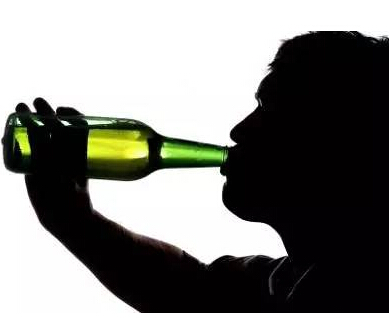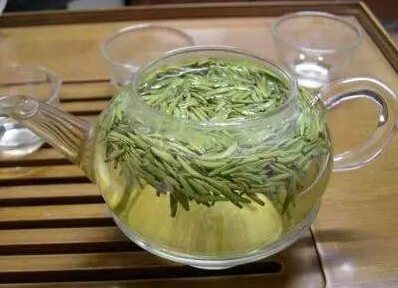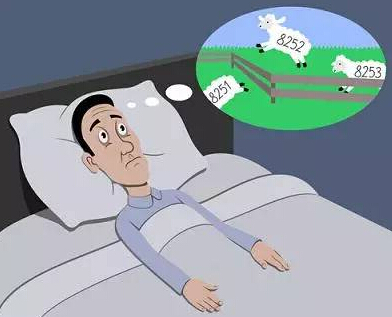"Strong tea sobers you up" is a widely circulated saying. In recent years, many experts have stated that strong tea not only fails to sober you up but can also harm the body. What exactly is the relationship between tea and alcohol?

Usually, "sobering up" refers to alleviating the reactions from excessive drinking, such as headaches, vomiting, motor incoordination, and slow response. For these tangible reactions to be reduced, the "sobering substance" must be quickly absorbed and take effect.
After alcohol enters the body, it is converted into acetaldehyde, then into acetic acid, and finally broken down into carbon dioxide, water, or converted into fat. If not too much alcohol is consumed, this process runs smoothly, and the body won't react significantly. Conversely, if a large amount of alcohol is consumed in a short time, exceeding the processing capacity of this assembly line, intermediate products will accumulate. For most people, the step where acetaldehyde is converted into acetic acid "slows down," leading to increased acetaldehyde levels in the body. The body is very sensitive to acetaldehyde, resulting in flushed faces, dizziness, and loss of motor control.
To "sober up," this metabolic assembly line needs to be enhanced. Tea contains dozens if not hundreds of substances, the most important of which are caffeine and antioxidants like tea polyphenols. However, these components are incapable of boosting the operation of this "alcohol metabolism assembly line." In fact, not only is tea ineffective, but scientists have yet to discover any food that can promote the operation of this process.
In this sense, tea cannot "sober you up."
However, this does not mean that drinking tea has no effect on alcohol consumption.

We know that alcohol causes dizziness, weakness, and impaired motor function, while caffeine stimulates alertness and wakefulness. Tea contains a significant amount of caffeine. Consuming caffeine along with alcohol can reduce subjective feelings of drunkenness, such as headaches, weakness, dry mouth, and motor impairment, compared to drinking alcohol alone.
However, people rely on these subjective feelings to determine if they have "had too much to drink." This "counteractive effect" interferes with the body's ability to judge its alcohol levels, leading individuals to unknowingly drink more. As a result, they may end up getting even more drunk. Moreover, caffeine only makes drinkers "feel better" without significantly restoring motor skills. In other words, caffeine gives drinkers a false sense of being "fine," when in reality, they are not truly "okay."

Additionally, if you want to fall asleep soon after drinking, you should avoid tea. Caffeine itself affects the ability to fall asleep, and alcohol interferes with the metabolism of caffeine, exacerbating this effect.